Registration Opens: September 2, 2024 | Submission Deadline: October 14, 2024
For over 14 years, the EGHI Global Health Student Photography Contest has showcased compelling and thought-provoking imagery from Emory students across all disciplines. This contest invites participants to share their unique perspectives on global health challenges, both at home and abroad, fostering cultural sensitivity and awareness through the lens of photography.
A distinguished panel of judges evaluates submissions based on four key criteria: connectivity, narrative impact, technical excellence, and cultural representation. The competition is made possible through the support of Atlanta's prominent business figure, philanthropist, and photographer, Bob Yellowlees, the visionary behind Lumiere Gallery. The top five winning photos receive individual cash prizes.
Let your photography be a force for inspiration, education, and change. The registration deadline for submissions is October 14, 2024.
Apply Now
2024 Winning Photographs

First Place: A Reindeer’s Last Cry for Help / Tromsø, Northern Norway by Lucas San Miguel, Emory College of Arts and Sciences - Reindeer populations have been dying quicker and wearing down their teeth faster trying to chew through this thick ice layer to get to grass. The health of our ecosystems is deeply intertwined with human well-being. This photograph serves as a stark reminder of the health consequences of climate change, not only for wildlife but for the Indigenous communities, like the Sami, who depend on these animals for sustenance.
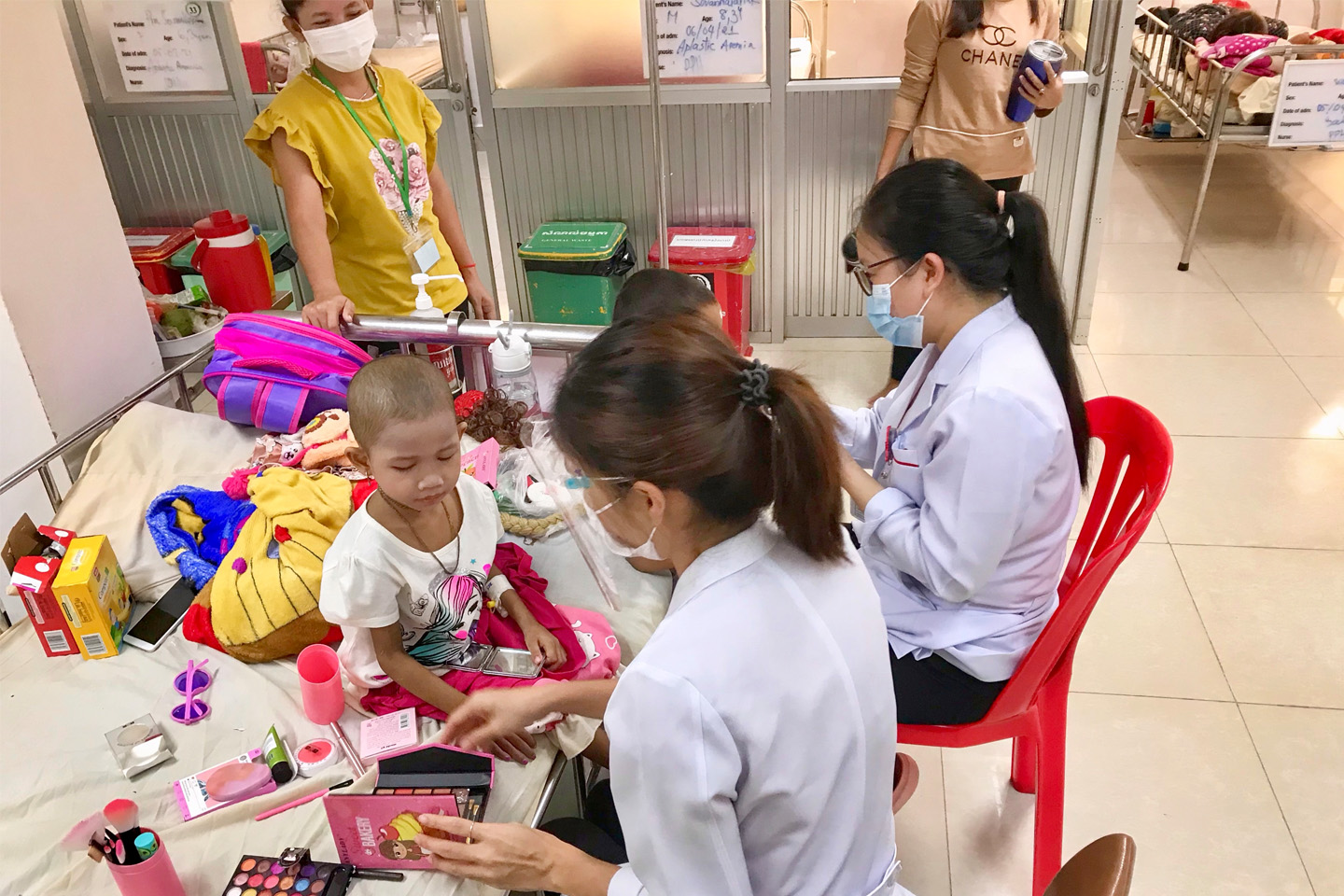
Second Place: Makeup Therapy / Liem Reap, Cambodia by Lyvannak Sam, Rollins School of Public Health - Long hospitalizations can be boring and stressful for pediatric cancer patients, especially in developing countries where they do not have play therapy teams, toys, or playgrounds. The benefits of makeup therapy for pediatric oncology patients provides supportive care - mental and spiritual support to help them fight their cancers.

Third Place: Notes of Resilience, Georgia, United States of America by Emily Kuhl, Emory College of Arts and Sciences - Health literacy and comprehension remain a pertinent health challenge in America, including for Latino, non-native English speakers. While the U.S. is one of the forerunners in technological advancements and medical research, there remains stark disparities in health and a disconnect in provider-to-patient communication. Among the chaos, this photograph, a simple note taken at an appointment, is evidence that resilience is possible.
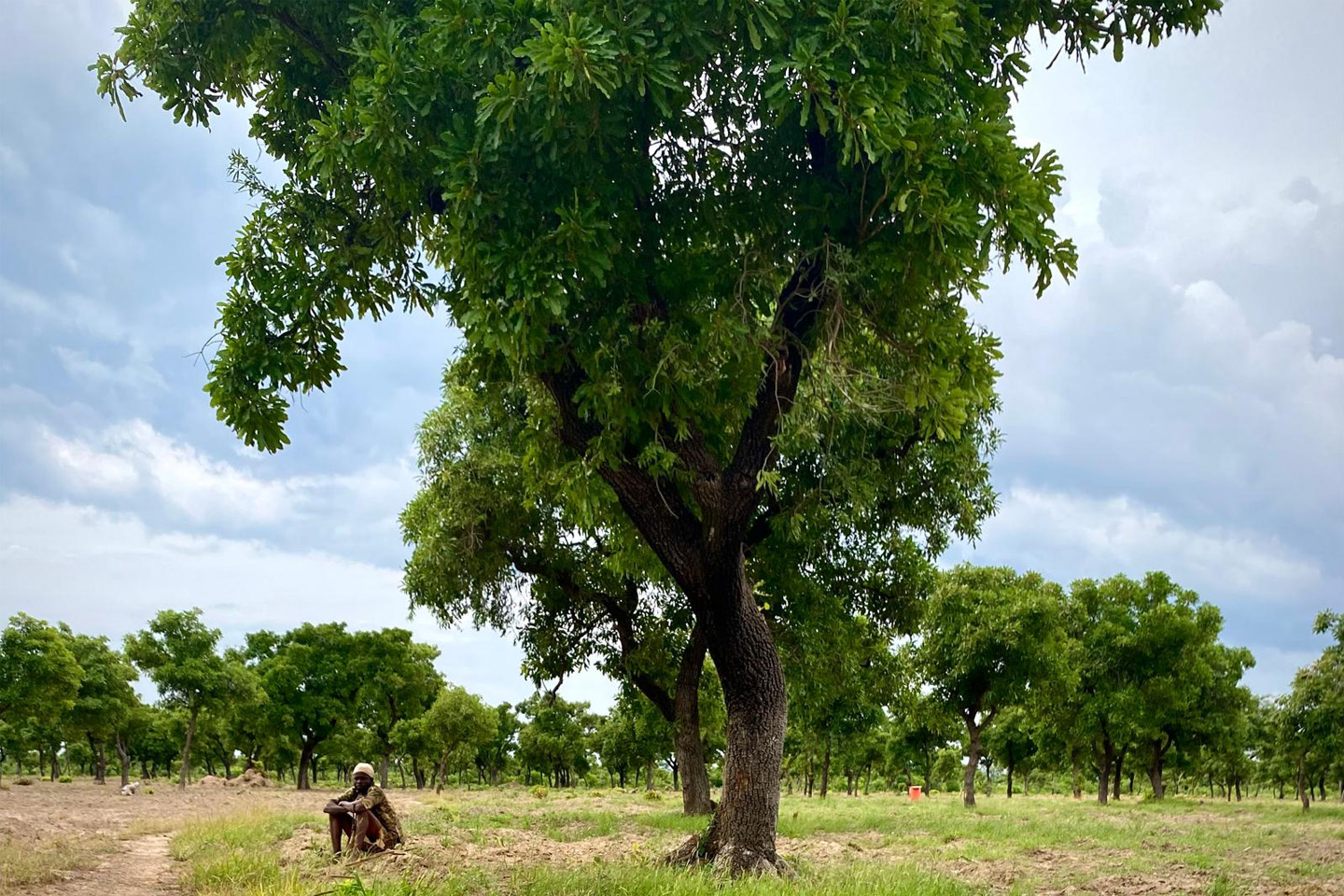
Fourth Place: Cultivating Chemicals / Doggoh, Ghana by Grace Chou, Emory College of Arts and Sciences – This story of the complex and often unseen consequences of agro-chemical dependency is captured in Upper West Ghana. Agro-chemicals take a toll on the health of those who work the land, with exposure leading to a range of adverse health issues. These chemicals are silent, yet omnipresent forces, constant pressures in the background, as represented by the orange barrel of chemicals in the image.

Fifth Place: Where Waters Converge / Puerto Iguazú, Misiones,, Argentina by Nancy Irungu, Rollins School of Public Health - Here, at the convergence of Argentina, Brazil, and Paraguay, the river flows like a lifeline, carrying the weight of shared health burdens and the promise of unity. The thunder of the falls echoes the urgency for collaboration, where public health must cross borders as seamlessly as the water itself. The falls, timeless and unyielding, whisper a lesson—only by coming together, as the rivers do, can we truly address the health needs of those who live in their shadow.
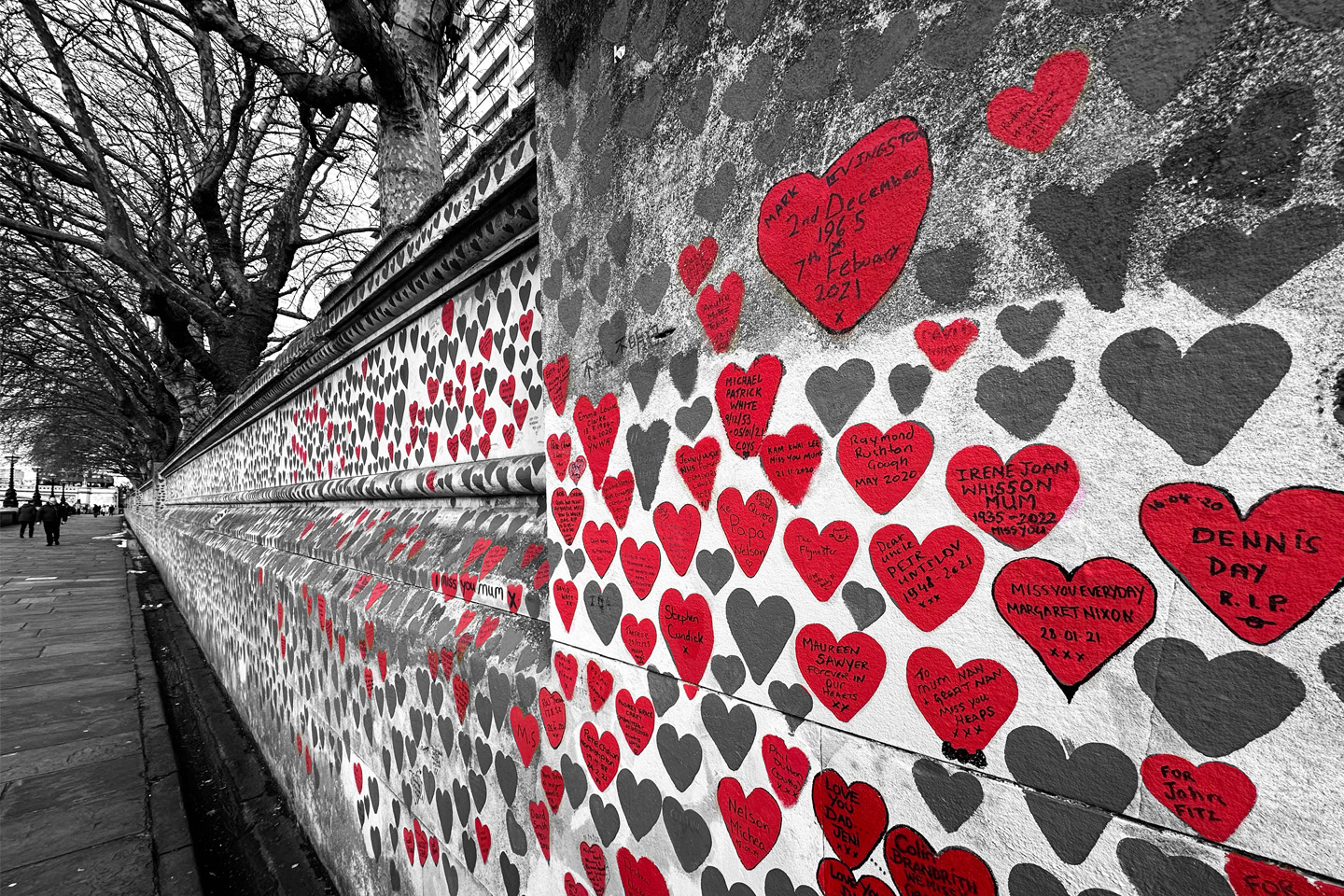
Honorable Mention: The Queen of Hearts / London, UK by Lucas San Miguel, Emory College of Arts and Sciences. – An unofficial UK COVID-19 memorial wall along the Thames River. The wall is painted with 236,245 red hearts, each representing a life whose death certificate’s cause of death was COVID-19. This is intended to juxtapose that some who died due to COVID-19 were remembered by their loved ones who came and wrote in the hearts, but many thousands of lost lives remain unrecognized. The image underscores the importance of public health accountability and preparedness.
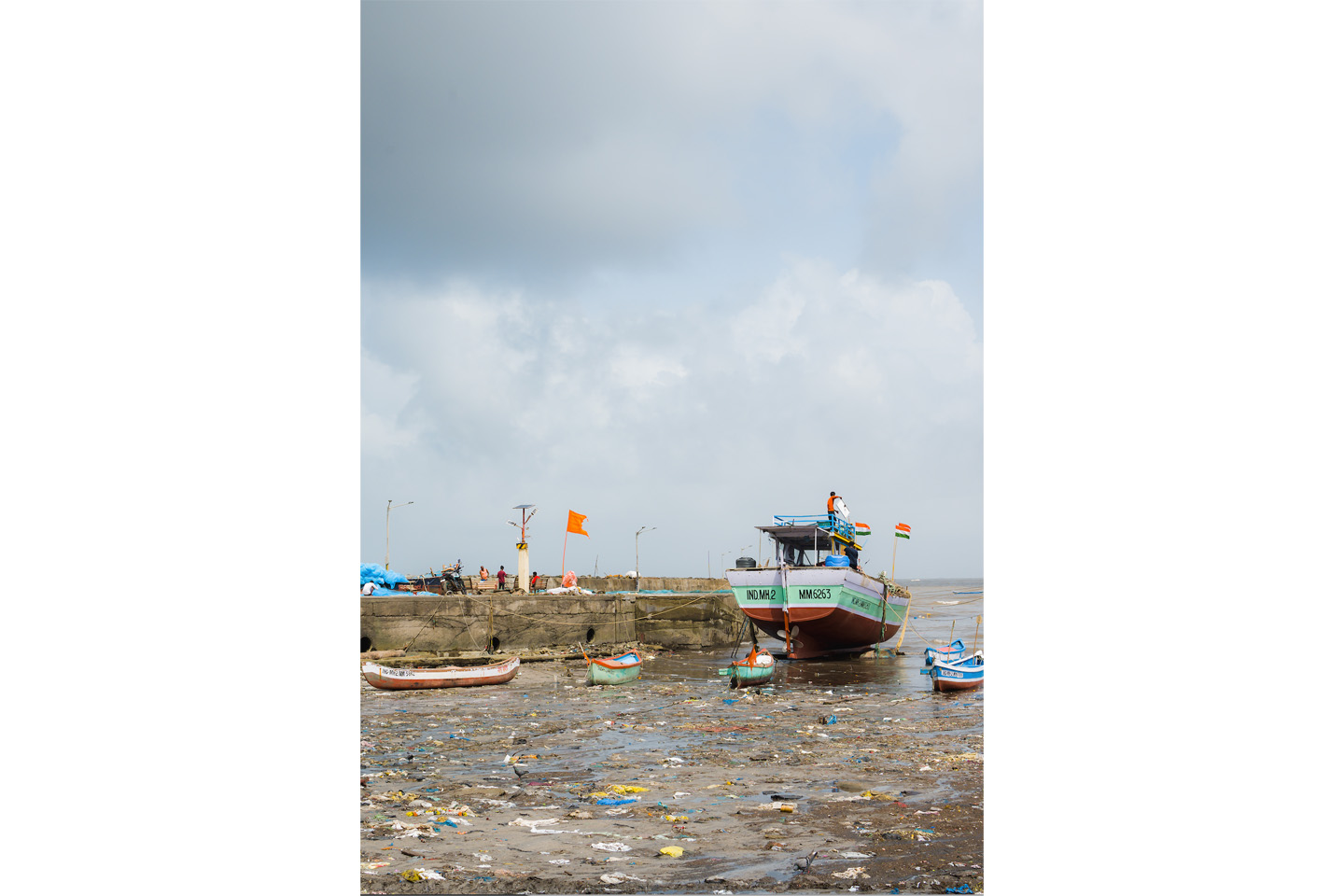
Honorable Mention: Sea of Trash / Mumbai, India by Saakshi Nitin Kale, Laney Graduate School - This story of physical marginalization into toxic, waste-ridden, resource-deprived, nearly inhabitable lands resonates with coastal and Indigenous communities around the globe, from the Polynesians perched on the drowning beaches of Tuvalu to Navajo residents of mineral-rich areas in Arizona. Recognizing the intertwined importance of environmental, physical, and socioeconomic wellbeing is critical to developing holistic policies for sustainable waterways, thriving Indigenous populations, and a healthy, participatory society.
2023 Winning Photographs
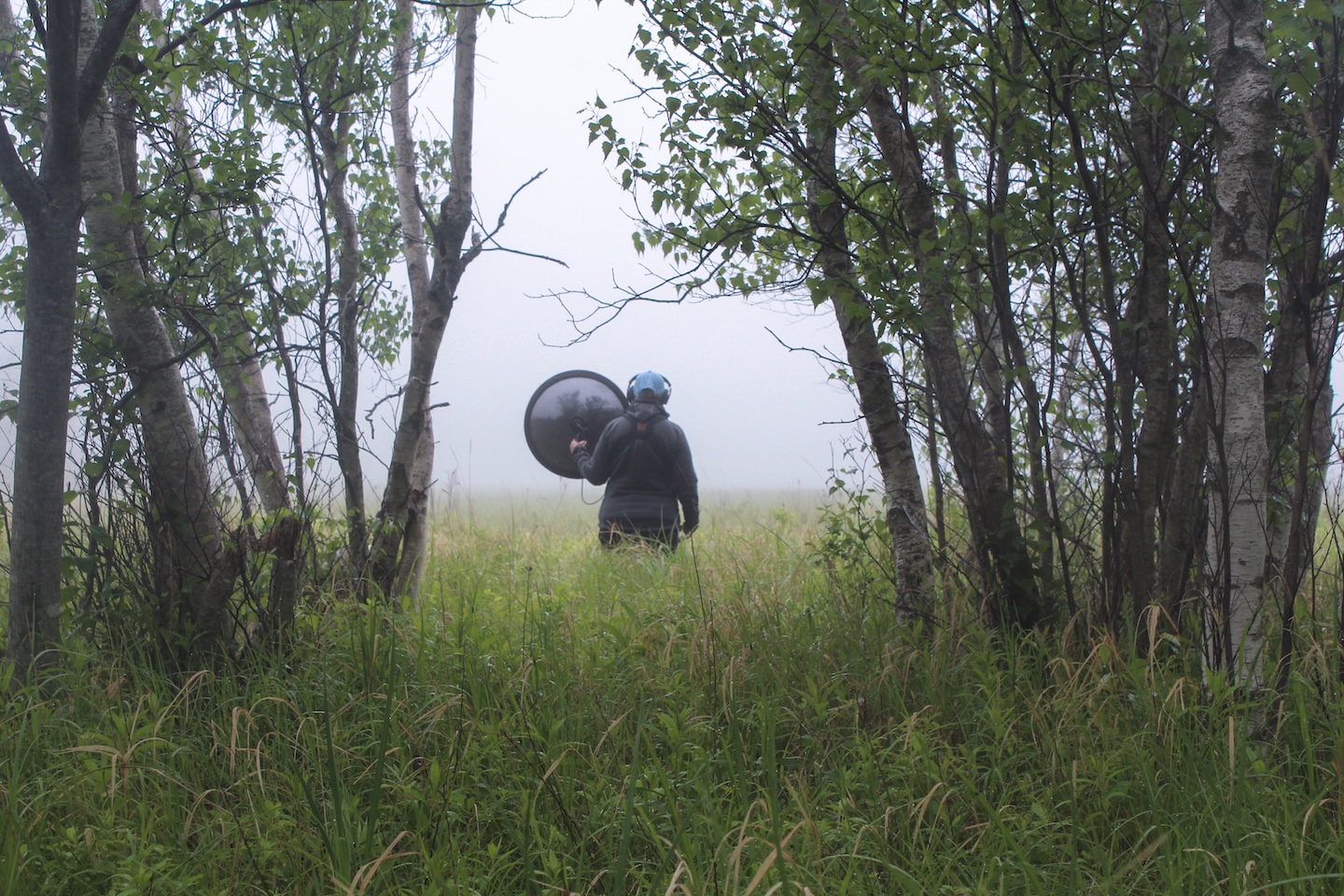
Changing Soundscapes / Acadia National Park, Maine by Catherine Wang, Emory College of Arts & Sciences - The bird populations of Acadia are changing due to climate change. Devoted naturalists venture out, recording equipment in hand, to capture birdsong. (Winner)
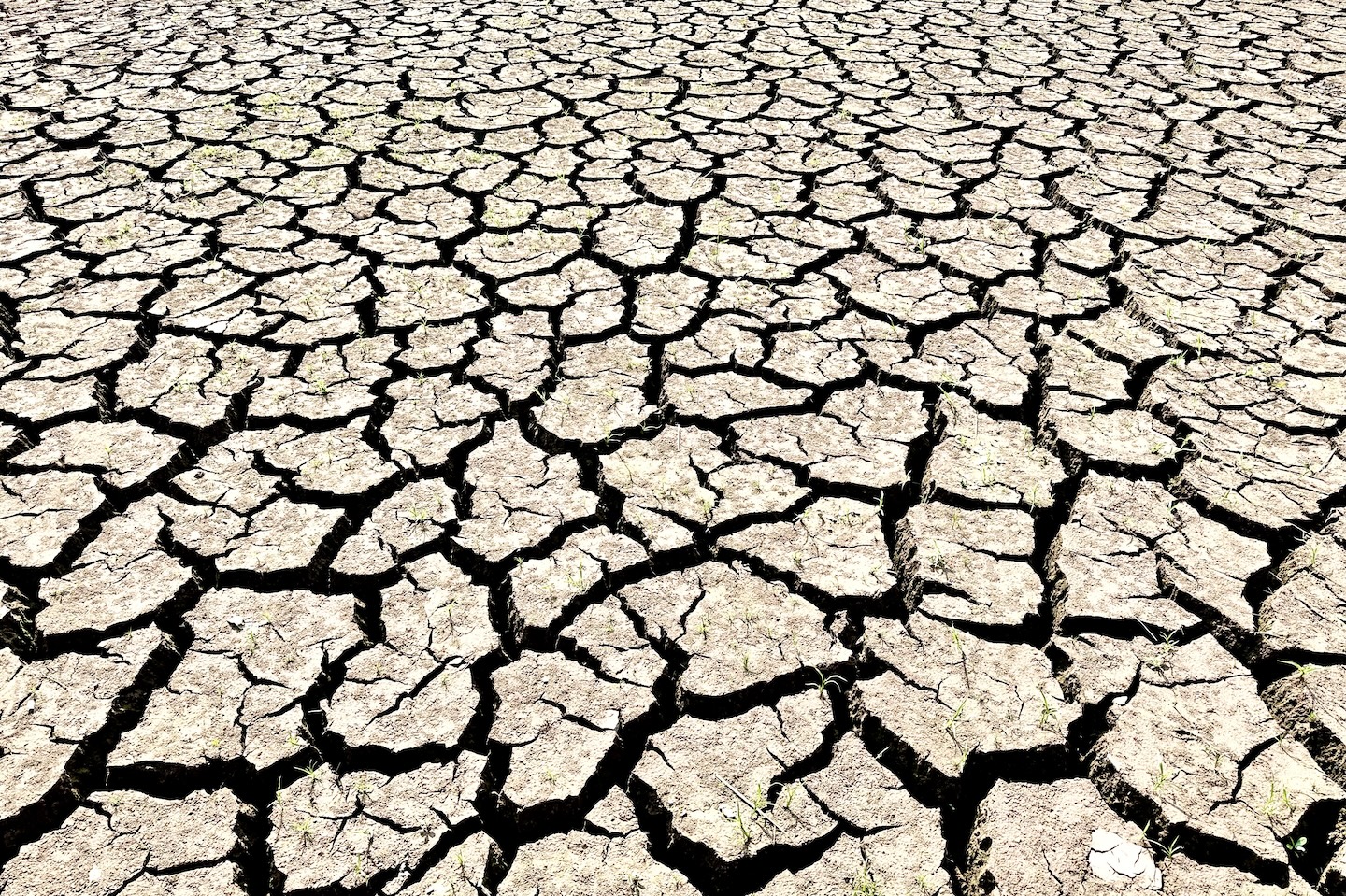
Fractured Earth, Fading Health: Drying Rivers of Hope / Nakhon Nayok, Thailand by Lucas San Miguel, Emory College of Arts & Sciences - These cracks tell stories of a public health crisis caused by increasing temperatures and intensified (un)natural disasters. (Winner)
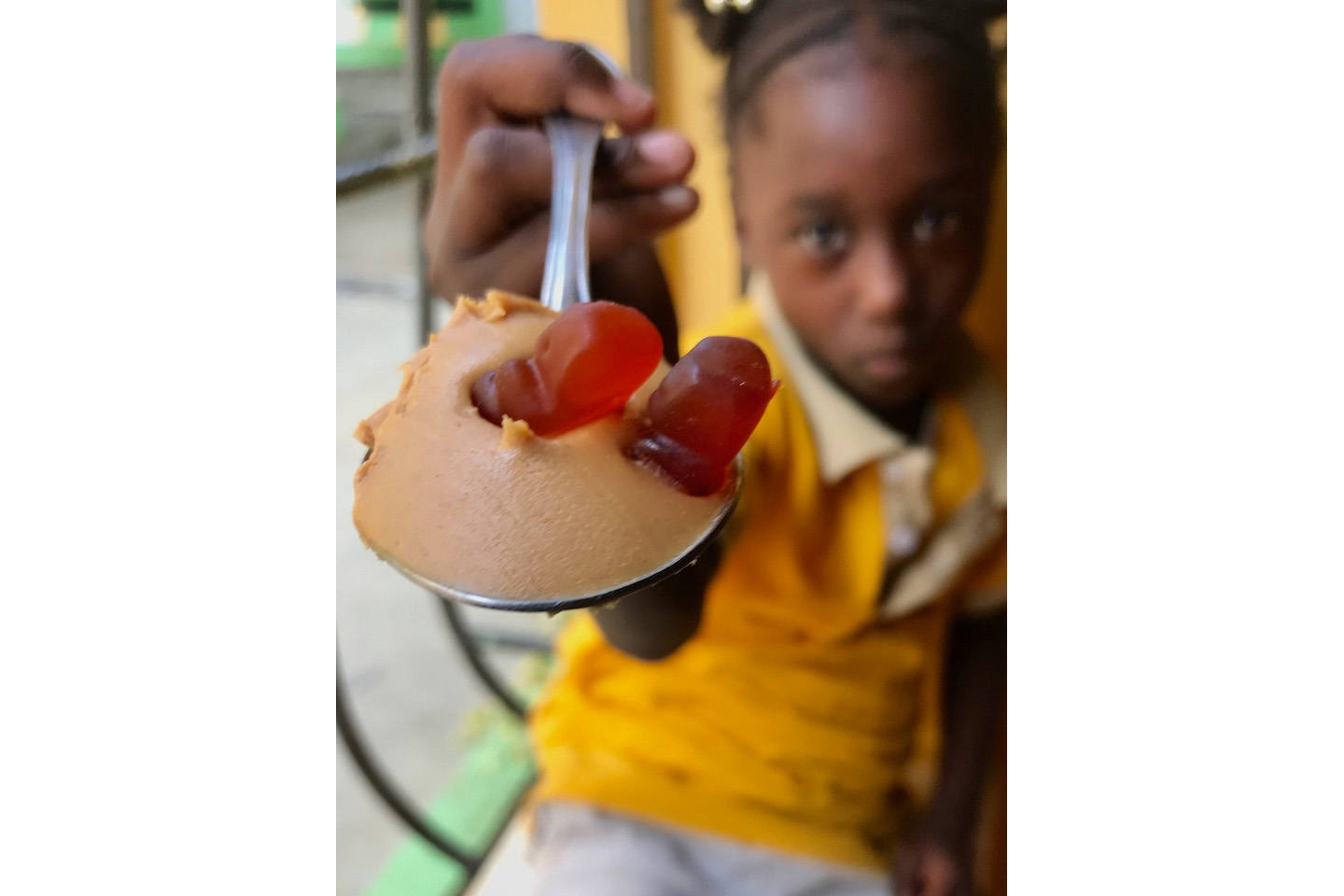
Nutrition / Caraballo, Dominican Republic by Audrey Willett, Nell Hodgson Woodruff School of Nursing - Every day across the Dominican Republic over 200 kids receive a spoonful of peanut butter and vitamins. (Winner)
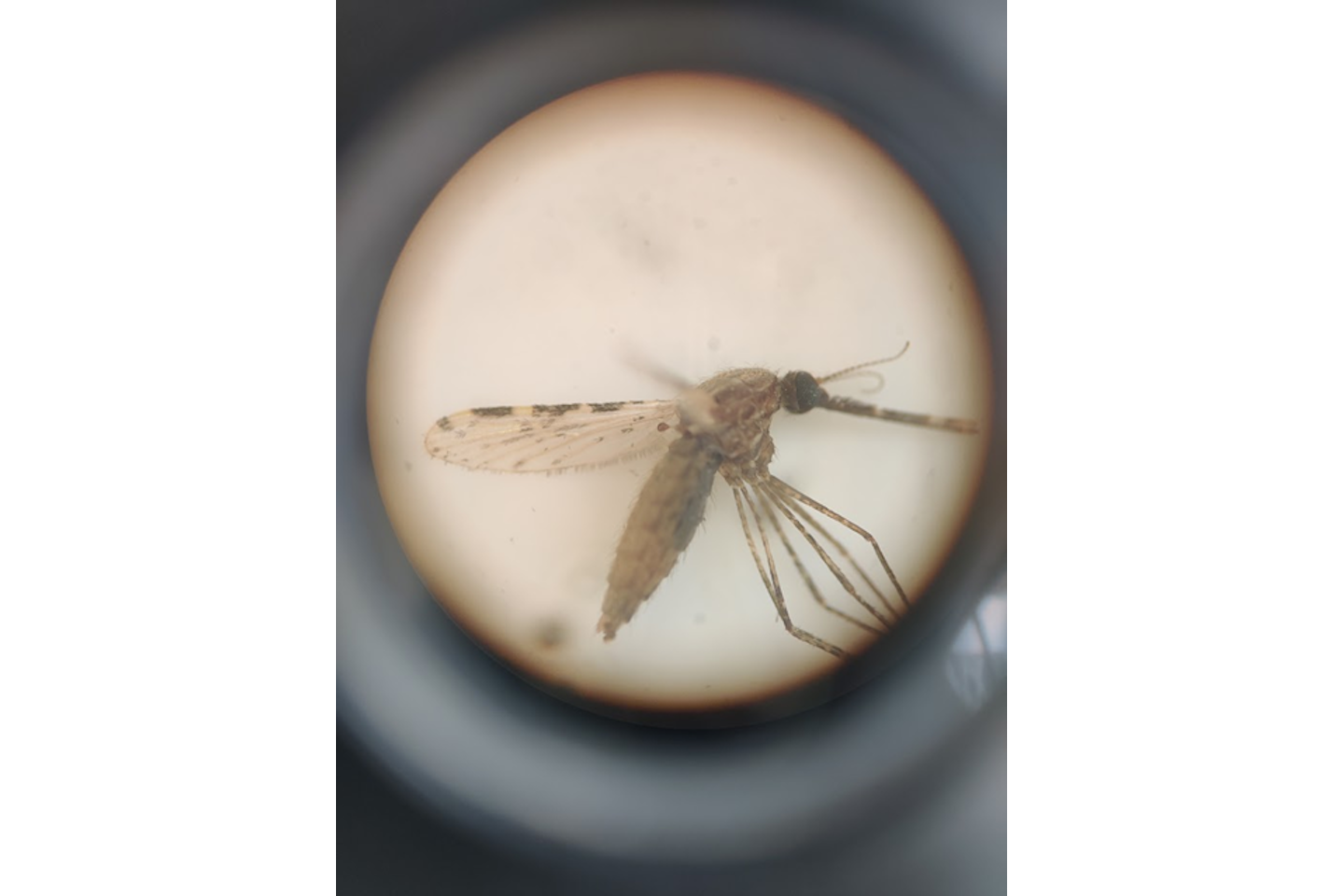
Wings of Disease / Jigjiga, Ethiopia by Jennifer Snyder, Rollins School of Public Health - Close-up of the deadly mosquito species, Anopheles stephensi, which is reviving malaria in urban settings in Africa. (Winner)
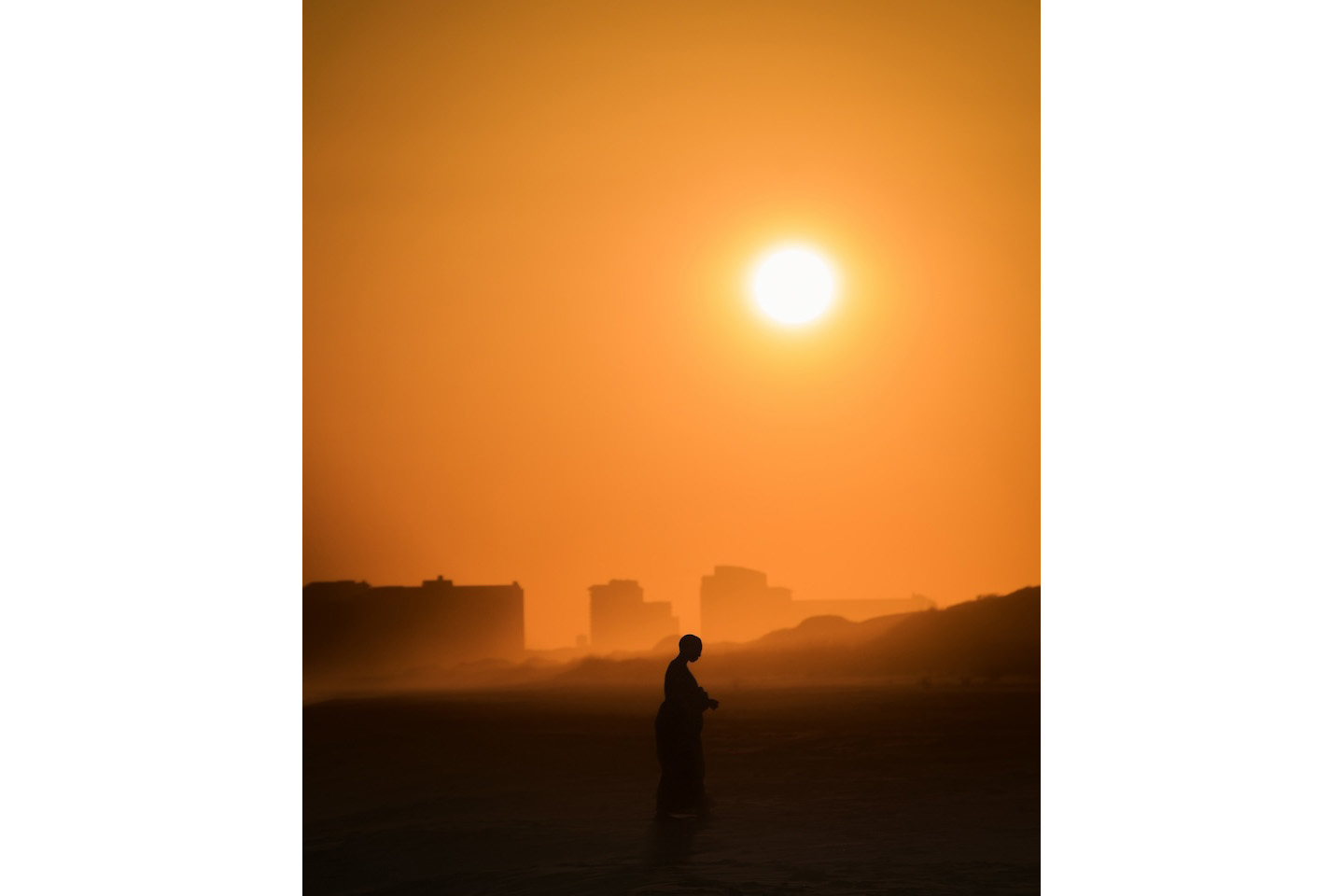
Sunlit Serenity, A Journey to Spiritual Wellness / Florida, USA by Tharindu Rajasooriya, Laney Graduate School - People walking under the sun and the stars, a practice they feel guards against illness. (Winner)
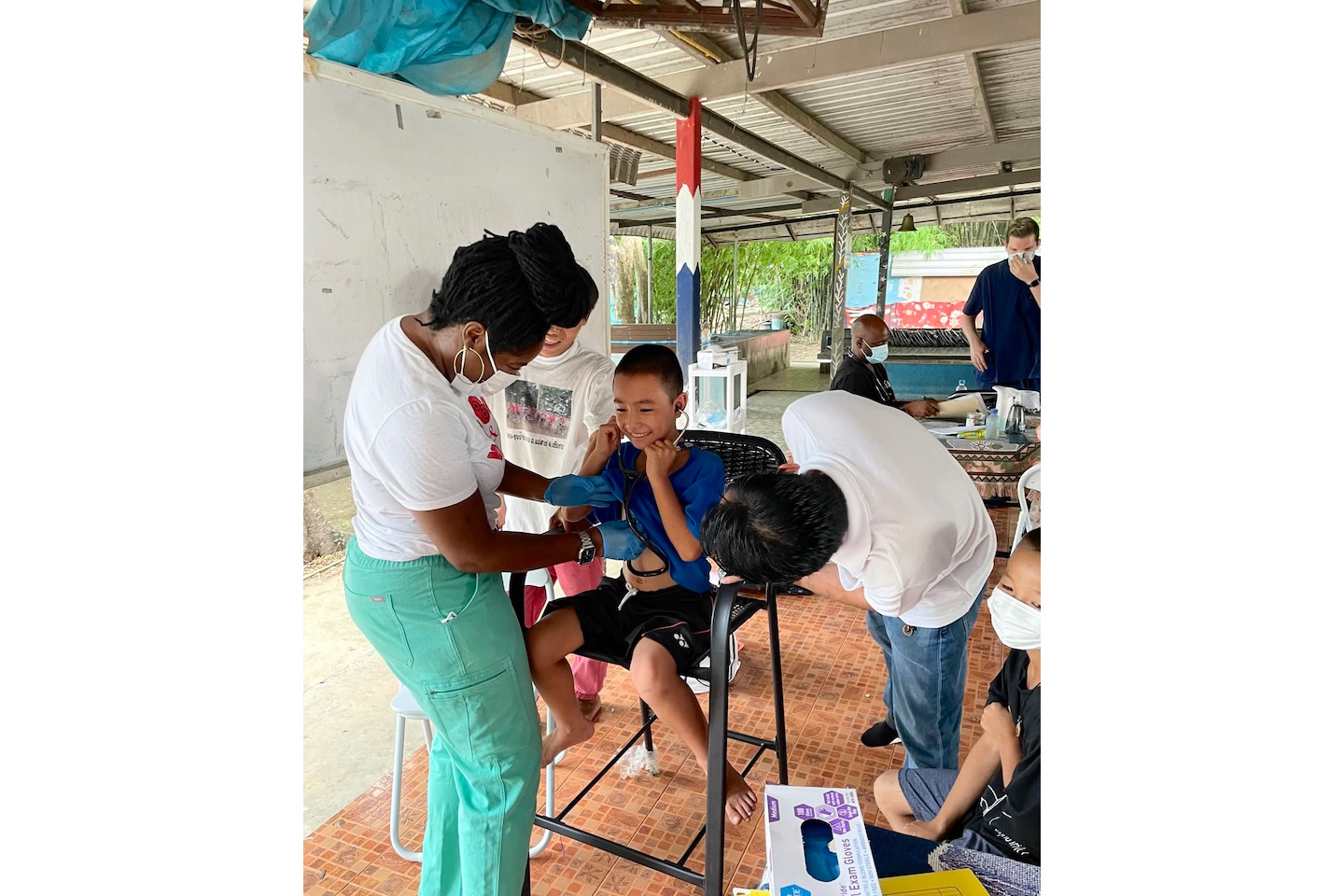
The Heartfelt Smile / Chiang Saen, Thailand by Emma Constanza, Emory School of Medicine - Baan Kru Nam Children's Home cares for many stateless children to provide them with shelter, food, and education; however, there is still a lack of healthcare access. For most of the children, the checkups by Emory Health Against Human Trafficking was the first time they received healthcare and documentation containing their own names. For some, they heard their own heartbeat for the first time. (Honorable Mention)
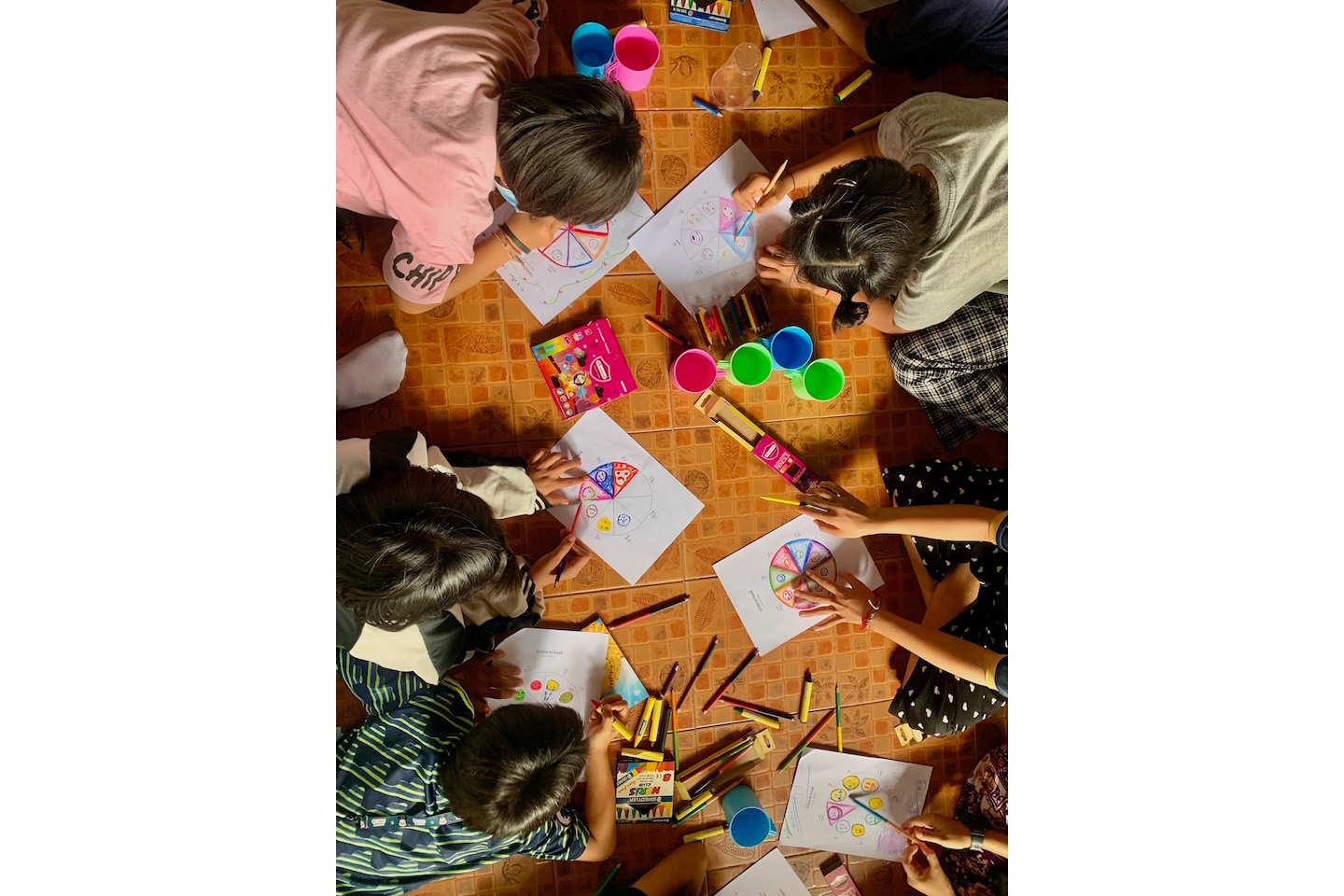
Colorful Confessions Julia Byrnes / Chiang Saen, Thailand by Julia Byrnes, Emory School of Medicine - Baan Kru Nam translates to “Home of Kru Nam” but it is the home to over 80 migrant children and Kru Nam, the women who started the home with a goal to end human trafficking in Thailand. (Honorable Mention)
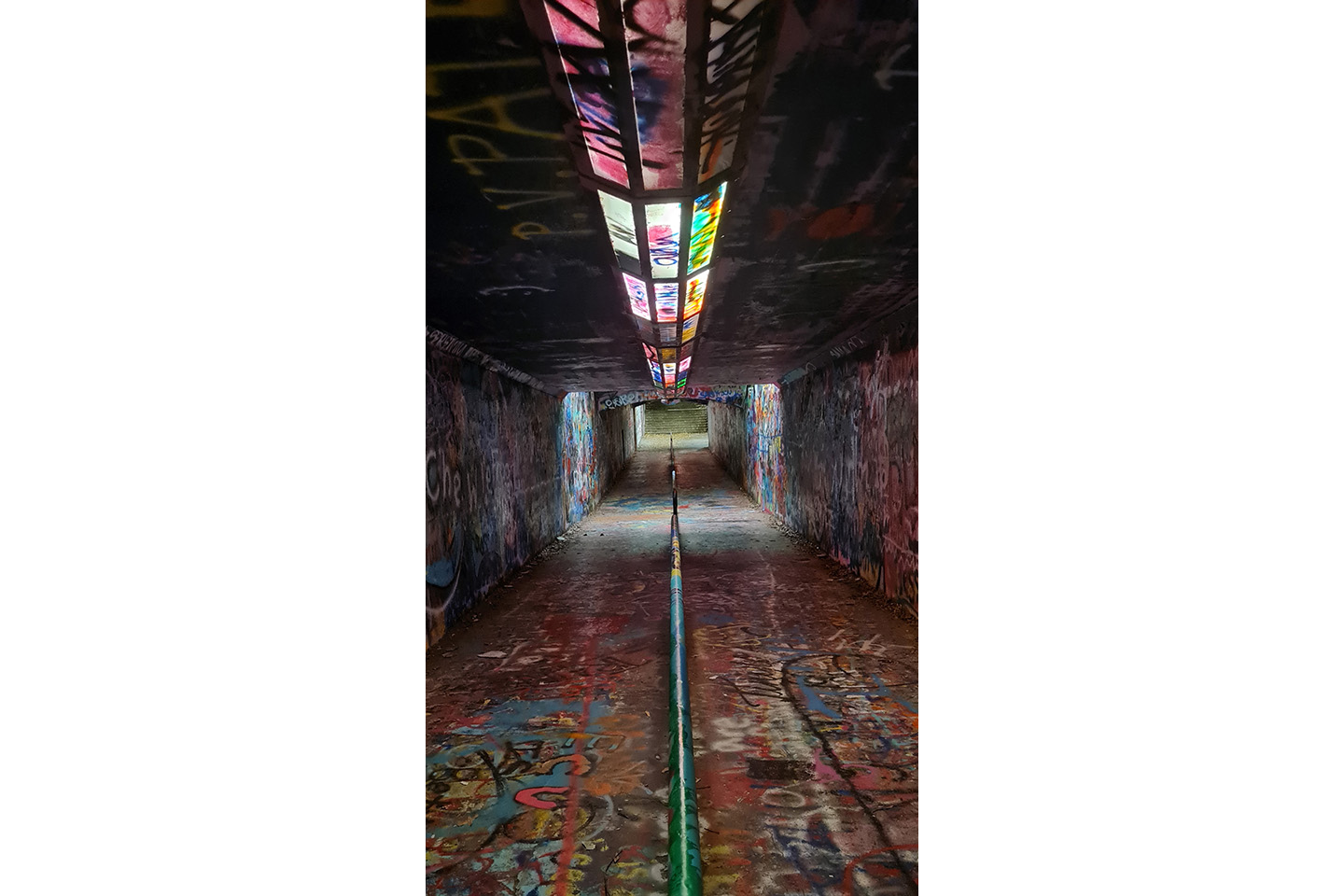
The Tunnel of Hope / Raleigh, North Carolina by Ketki Vinayak Joshi, Rollins School of Public Health - The Free Expression Tunnel is a place anyone can decorate. Participating in the arts can help people cope with a range of mental health conditions. (People’s Choice Award)
2022 Contest Winners
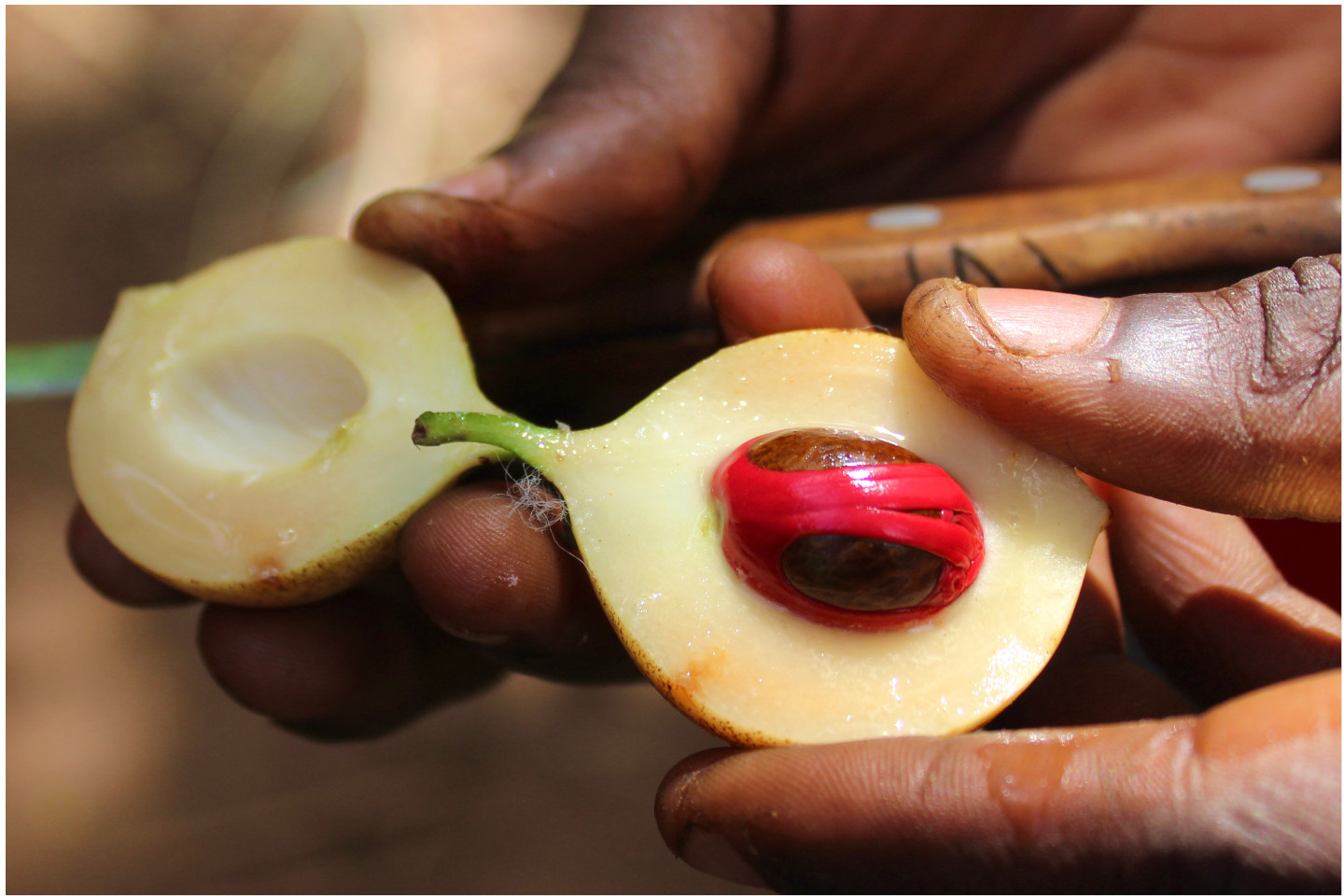
“The Powerful Nutmeg” / Zanzibar, Tanzania / by Claire Castellano — Nutmeg is more than the spice we use for pumpkin pie; it is powerful in many cultures. On Zanzibar, every layer is used from the central seed ground to a powered spice, to the outer rubbery, red covering, which is used in pickling. The man holding the seed described how it is used in their culture to help babies stop crying and inspire women to dance. (Winner)
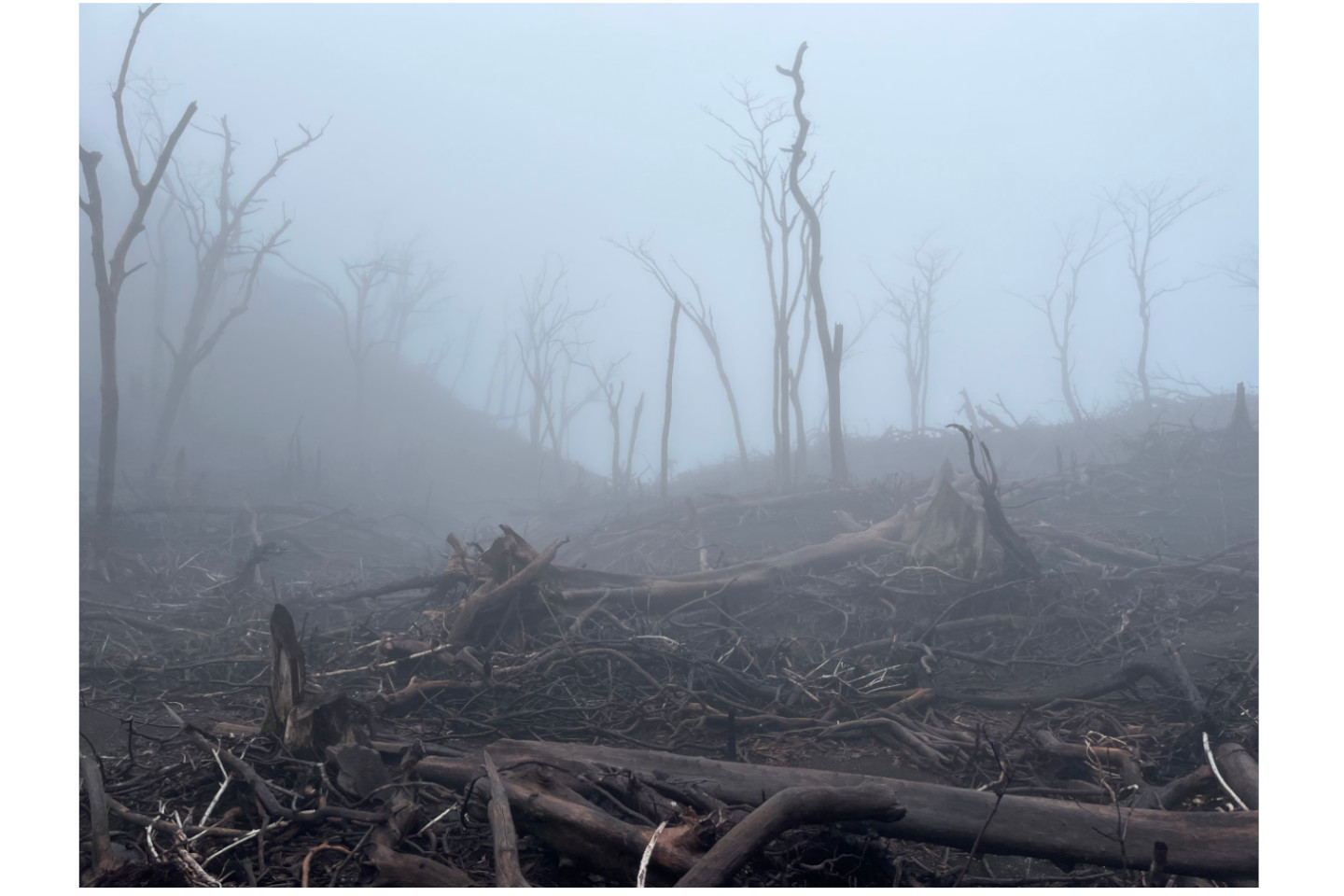
“Volcanic Gases Decimate Forest” / Nicaragua / by Lucas San Miguel — Unexpected changes in wind pushed dangerous gases through a forest in Granada, decimating the terrain, harming the fragile ecosystem, and putting the health of nearby communities at risk. (Winner)
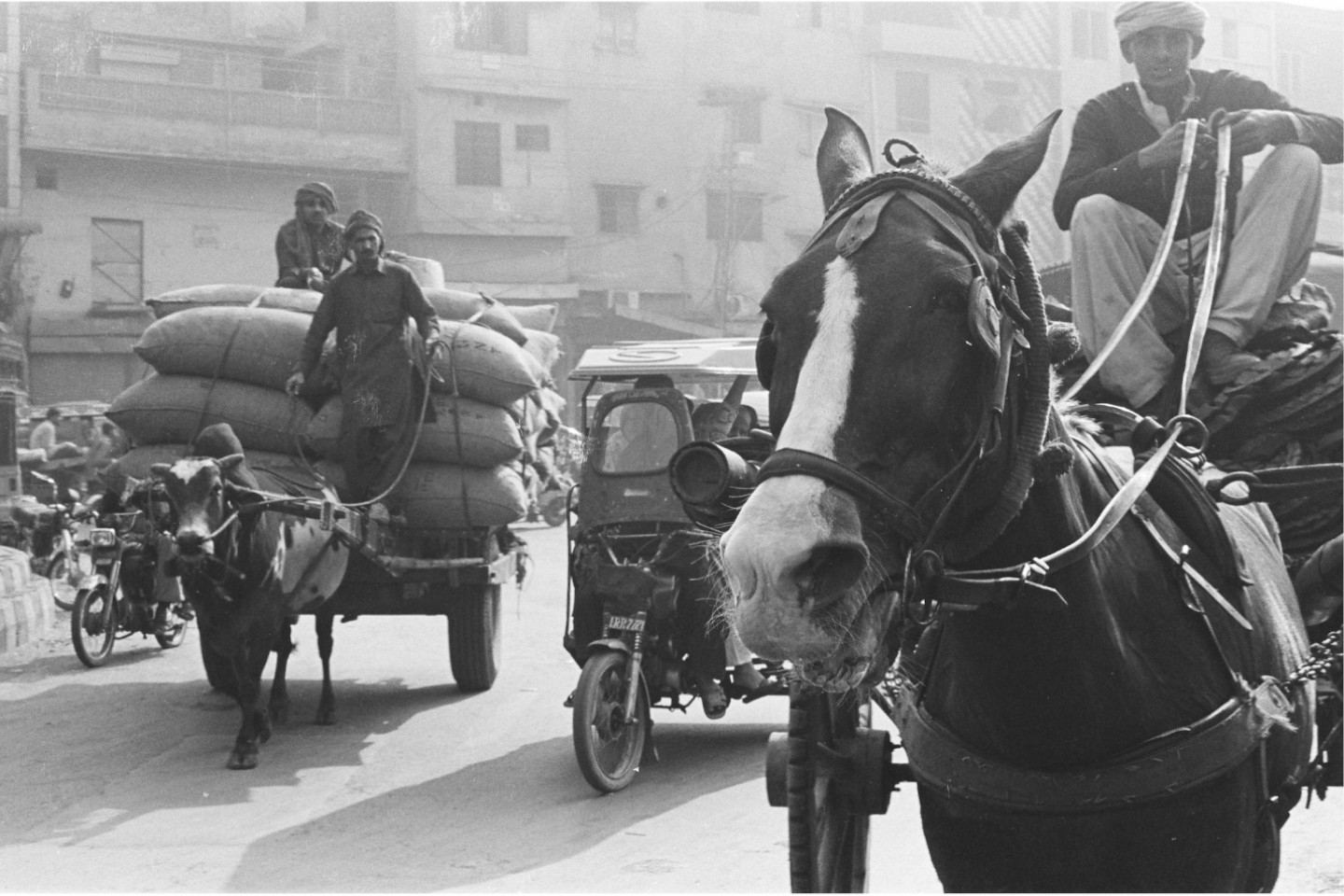
“These Hooves” / Pakistan / by Anisa Iqbal —The cart pulled by a cow, the motorcycle-based rickshaw, and the horse-drawn cart are key modes of transport and commerce in Lahore. A month of income can be lost to a lame leg in a place where the supply chain relies largely on hooves. (Winner)
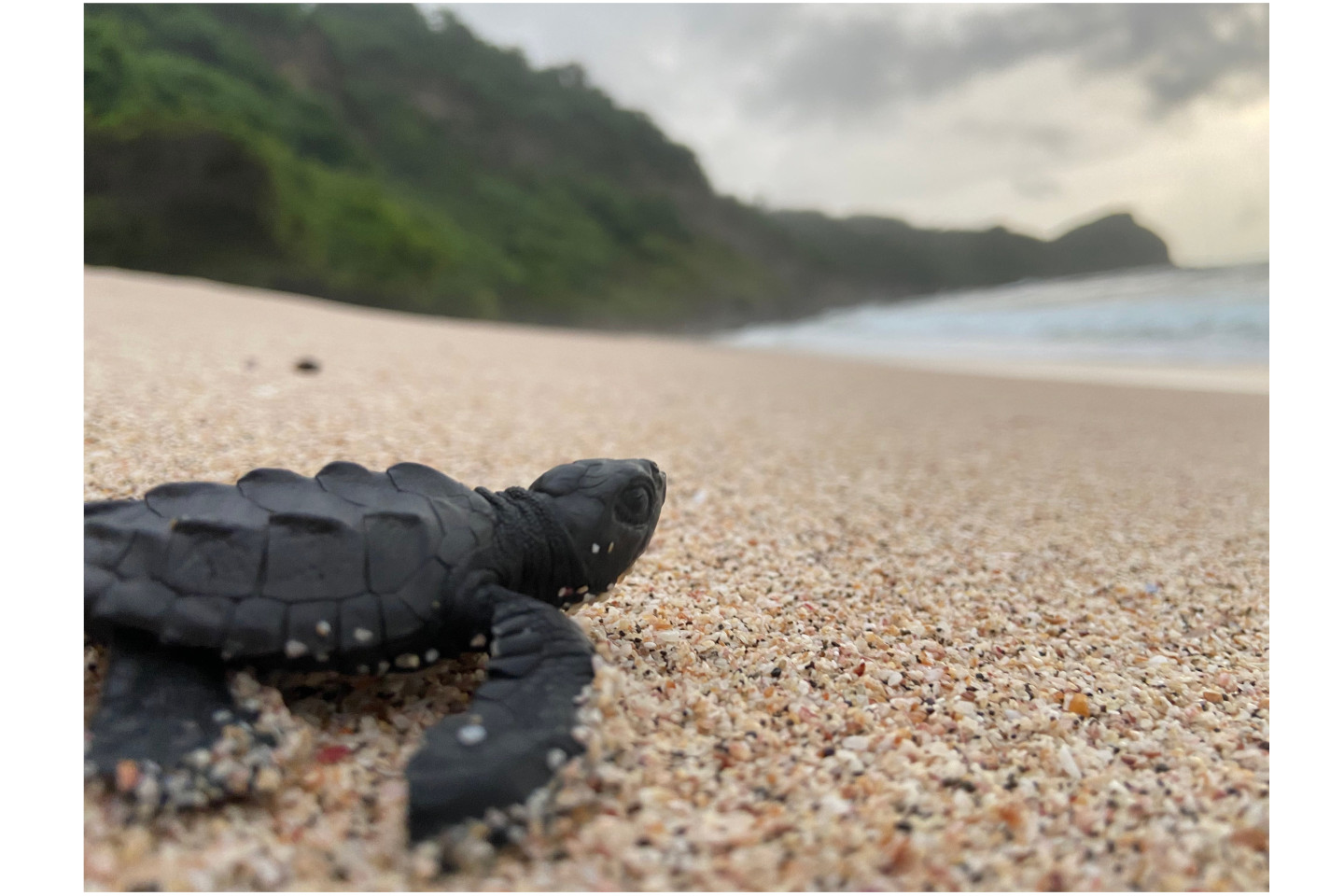
“Baby Turtle Stops to Rest” / Nicaragua / by Lucas San Miquel — Sea turtles, like this Olive-Ridley, help keep oceans healthy by maintaining coral reef ecosystems and controlling jellyfish populations. (Winner)
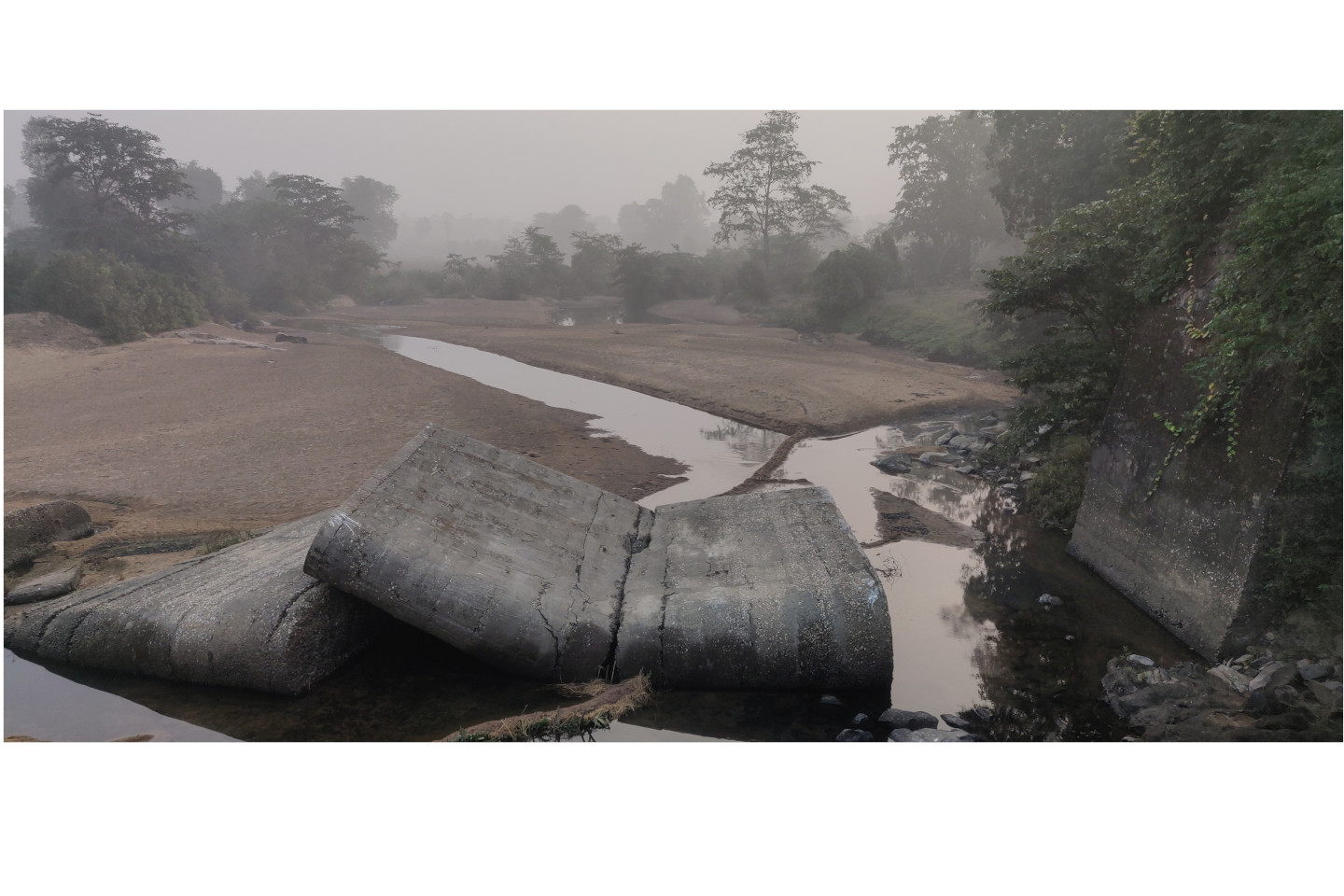
“The Broken Bridge” / India / by Ketki Joshi — Corruption interrupted construction of this bridge, cutting-off access to the mainland for a district that is frequently isolated from the mainland by monsoon rains—and sees the community’s health suffer as a result. (Winner)
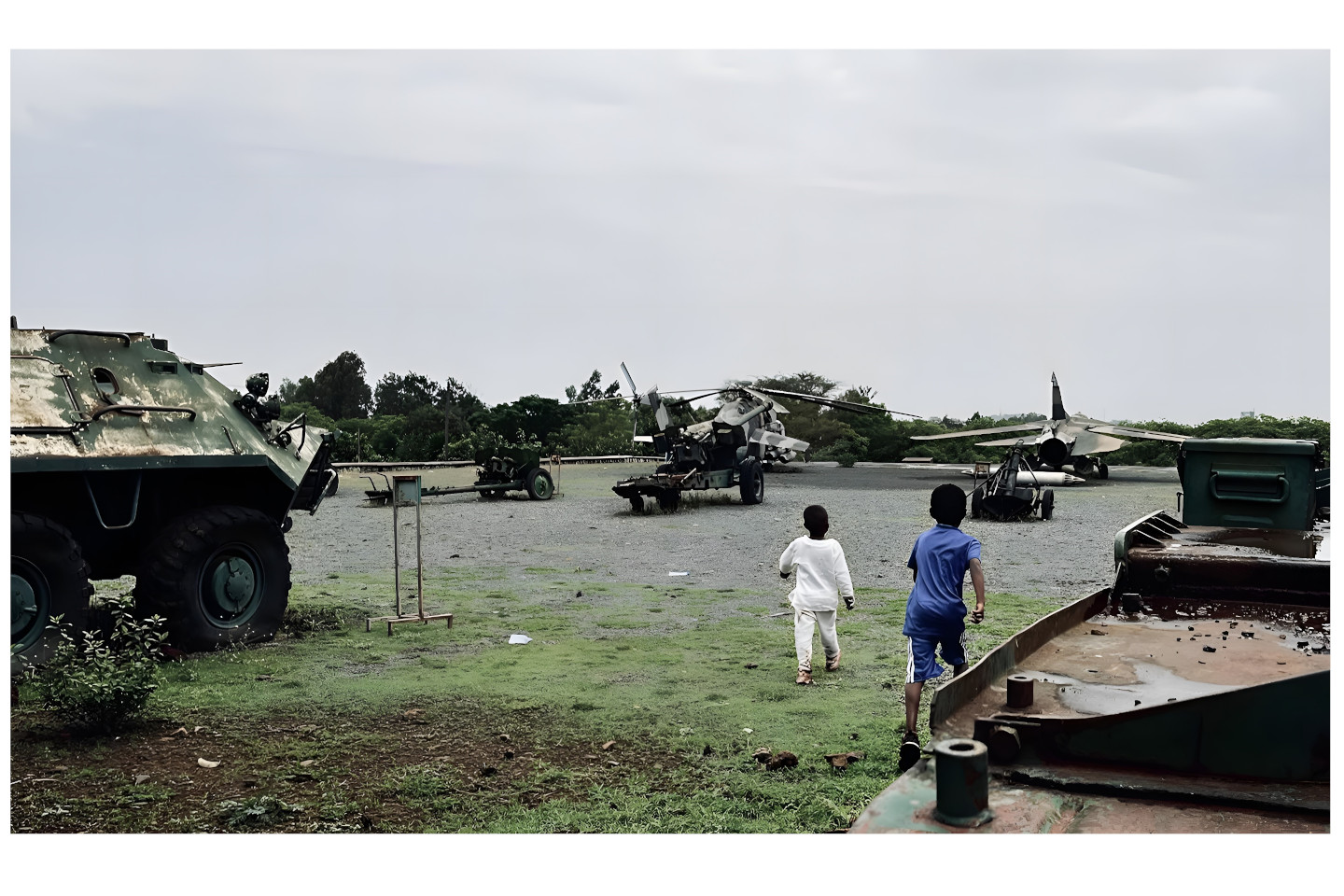
“All We’ve Known is War” / Ethiopia / by Amanda Dorsey / A series of conflicts have left children no strangers to war and psychological, physical, and structural consequences. Still, they are playful at heart, as seen through Amanda’s lens. (Honorable Mention)
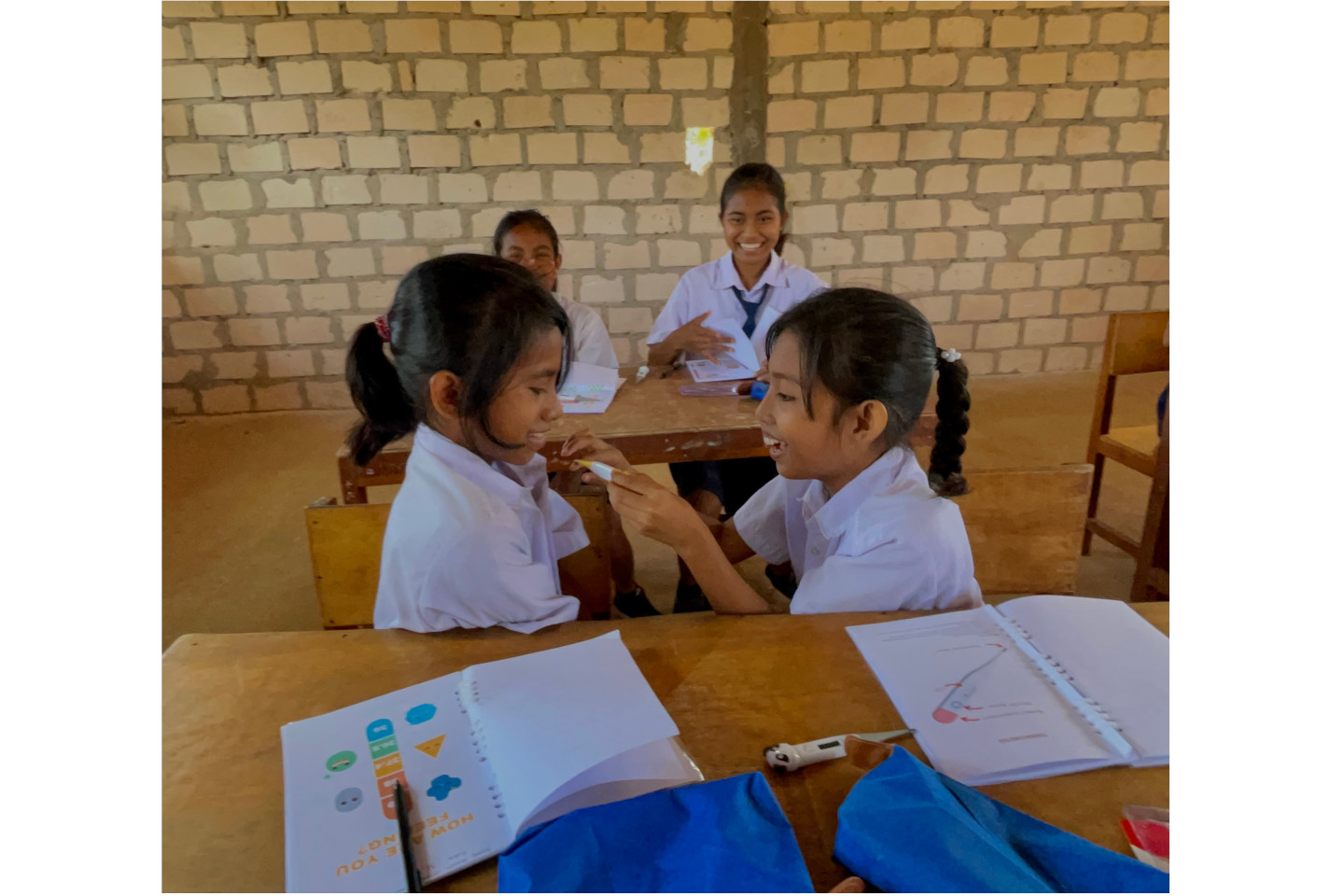
“I Am a Little Physician” / Indonesia / by Sartiani Bili / An Indonesian girl practicing taking the temperature of her classmate. They laugh because they are ticklish, learn about how to check for fever, and listen to each other’s dreams about their futures. (Honorable Mention)
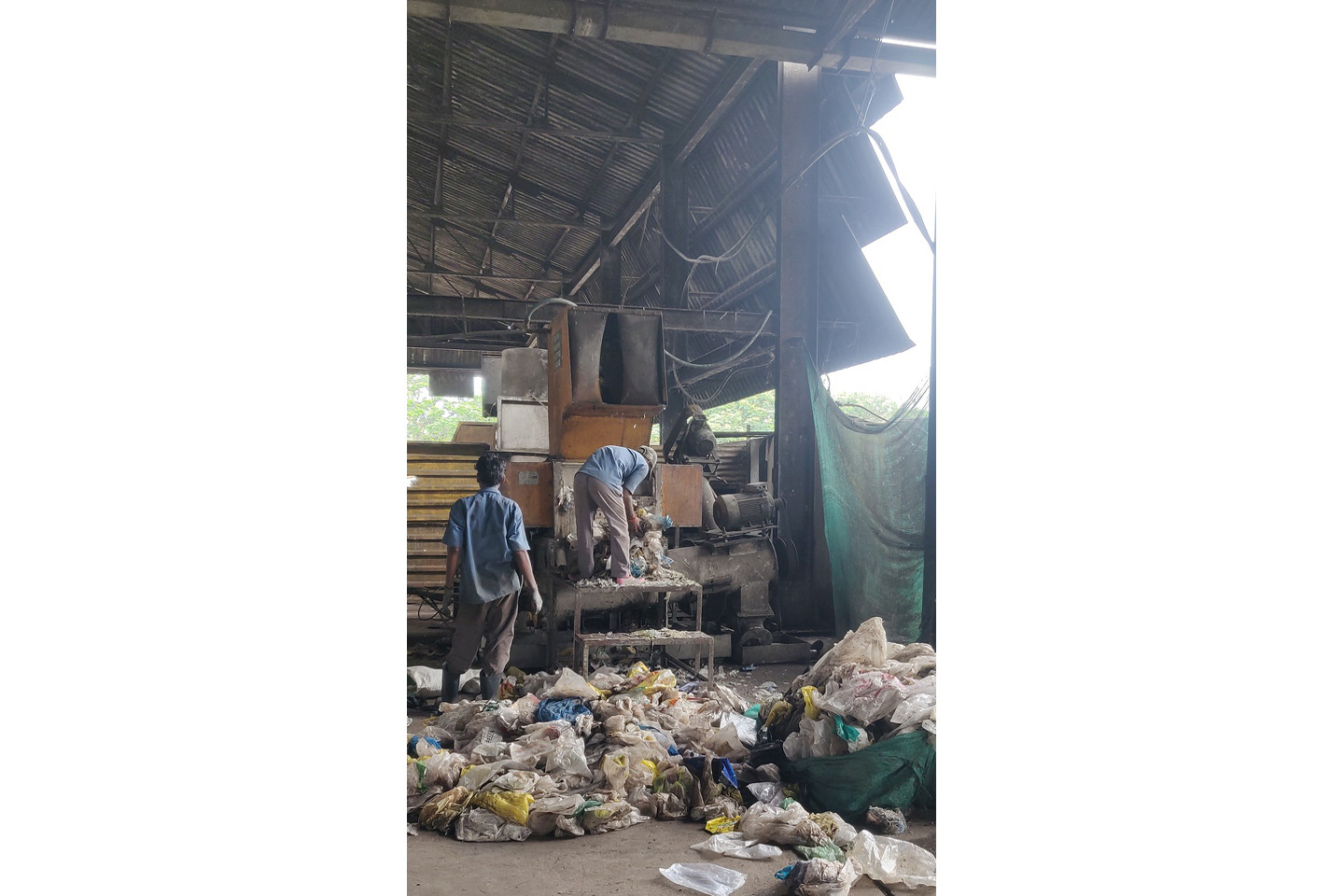
“The Living Hell” / India / by Ketki Joshi— Sanitation workers in India handle biomedical waste during the COVID-19 pandemic and shun provided Personal Protective Gear because it slows the pace of work. (People’s Choice Award)
Many of the photos on our site are students’ submissions to EGHI’s Global Health Student Photography Contest. Explore EGHI Global Health Student Photography Contest galleries from 2008 – present, including photo credits and descriptions.
Related Links






















